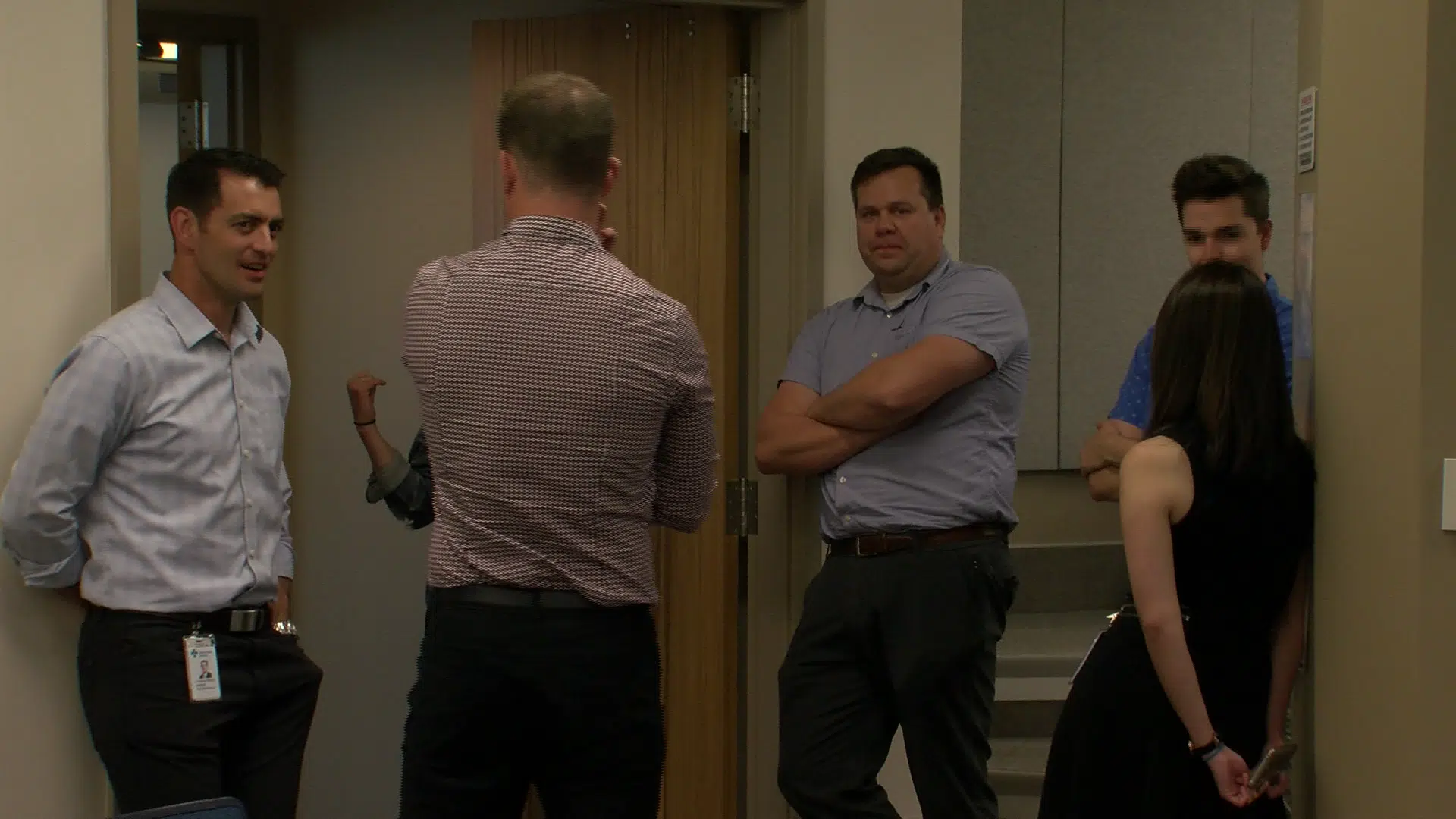
Rural health care focus of two-year residency
MEDICINE HAT, AB — Seven aspiring doctors arrived in Medicine Hat Wednesday to begin a two-year residency program that will see them working in both urban and rural offices.
The residents are part of the University of Calgary’s Family Medicine Rural Program. In addition to working at the Medicine Hat Regional Hospital, the residents will be rotated to smaller communities in southern Alberta.
“They learn rural family medicine for family medicine, emergency obstetrics, they’ll get to do general surgeries psychiatry, intensive care, they do a lot of different rotations pertaining to rural family medicine,” said Cassy Sinclair, the site coordinator for Medicine Hat.
